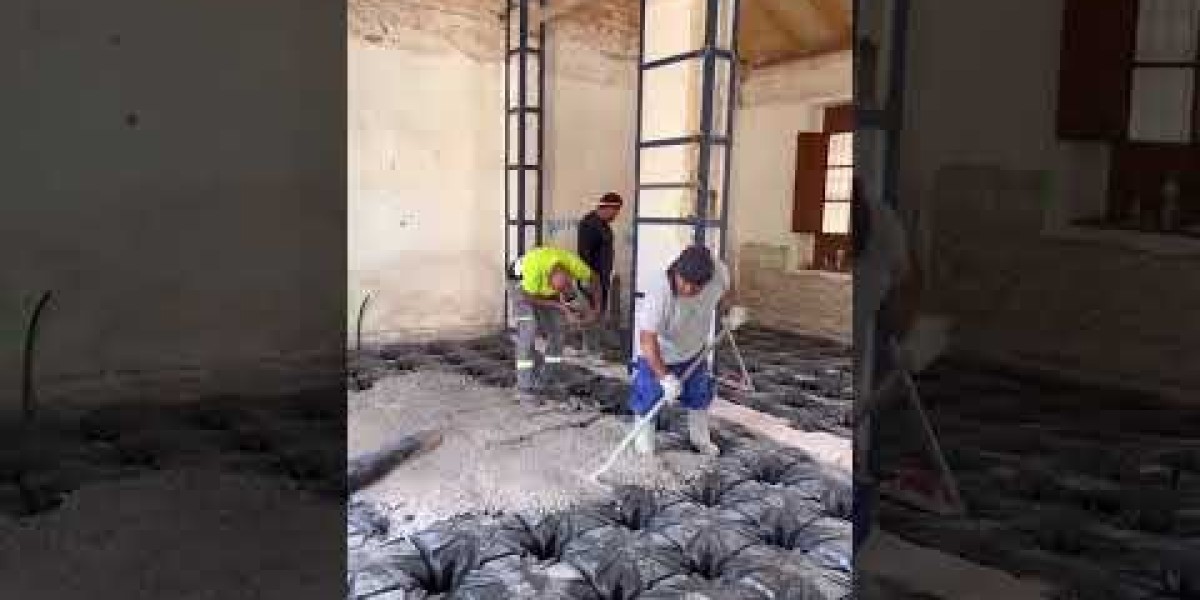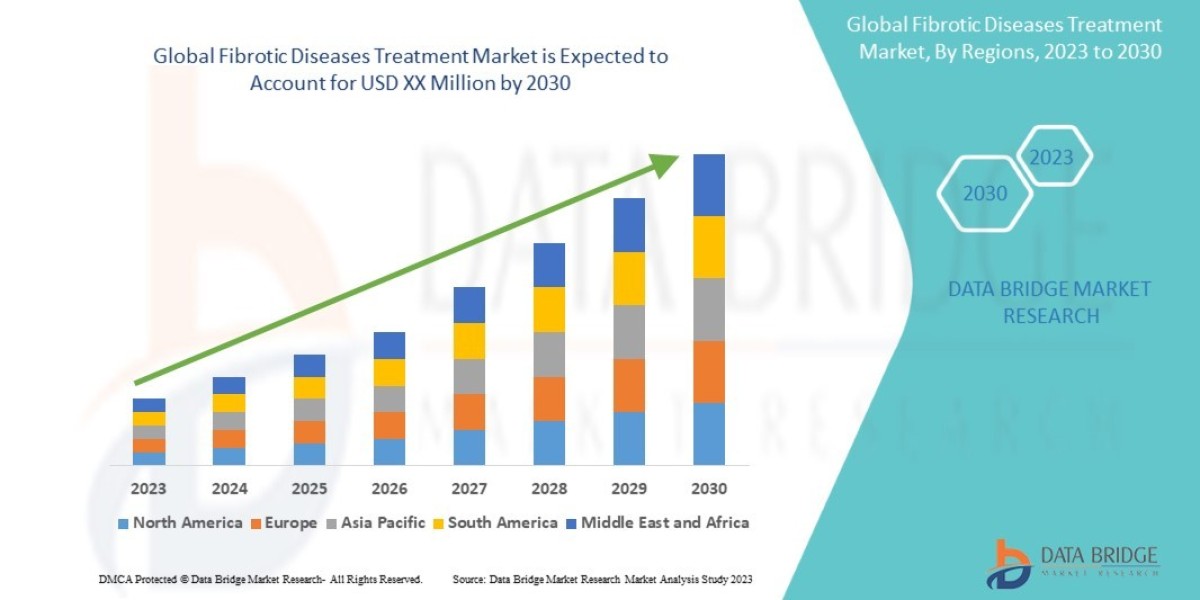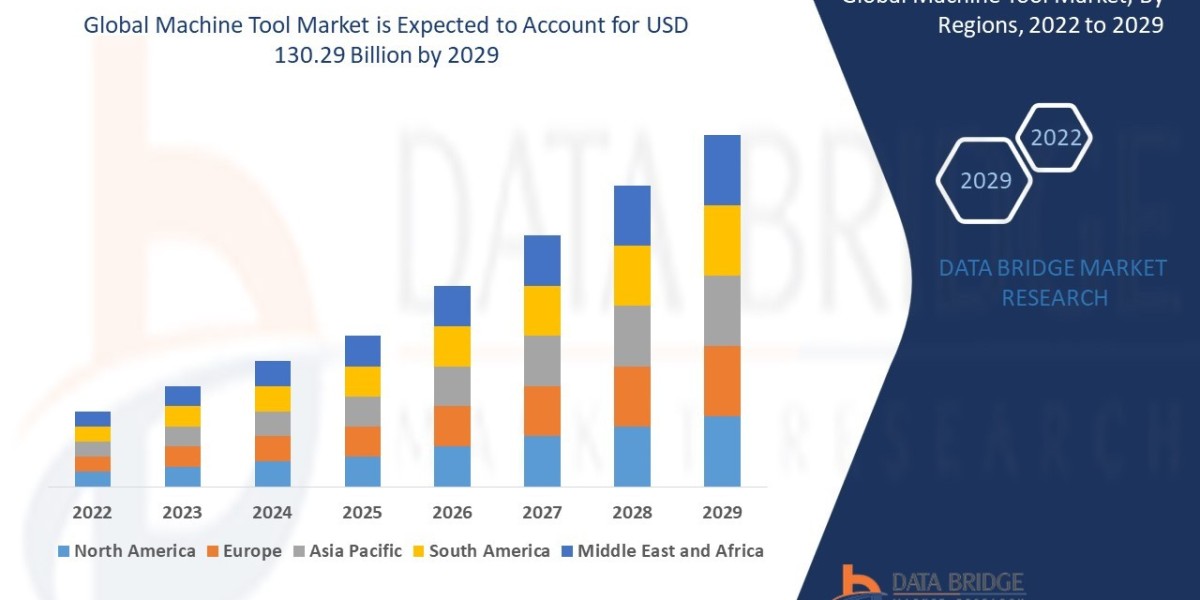The global hemato oncology testing market is undergoing a remarkable transformation, fueled by the growing prevalence of hematologic malignancies, technological advancements in molecular diagnostics, and the surge in demand for precision medicine. Valued at USD 3.32 billion in 2023, the market is forecast to reach USD 10.49 billion by 2032, expanding at a robust CAGR of 13.67% from 2024 to 2032.
This rapid growth reflects a convergence of clinical, technological, and economic factors reshaping the landscape of hematologic cancer diagnosis and treatment. The rise of next-generation sequencing (NGS), polymerase chain reaction (PCR) technologies, and the integration of companion diagnostics are enabling early detection, more accurate subtyping, and targeted therapy strategies—ultimately improving patient outcomes.
Gain Access to Market Trends: Request Your Sample Report! https://www.snsinsider.com/sample-request/6299
Hematologic Cancers on the Rise: Understanding the Burden
The market expansion is underscored by a growing global burden of blood cancers, including leukemia, lymphoma, and myeloproliferative neoplasms. In 2023, the incidence of hematologic malignancies continued to rise, with regional variances influenced by environmental exposures, genetics, and healthcare access.
With over a million new cases annually, blood cancers remain among the top causes of cancer-related mortality worldwide. This alarming trend has catalyzed investments in diagnostic testing that can detect these cancers early and support tailored treatment approaches.
Technological Evolution in Hemato-Oncology Testing
The industry is witnessing a technological renaissance, with NGS and PCR leading the revolution. These methods provide unparalleled sensitivity and specificity, allowing clinicians to detect rare mutations and track minimal residual disease (MRD). NGS, in particular, is gaining traction for its scalability and capacity to analyze multiple genes simultaneously—making it indispensable in the age of personalized medicine.
Immunohistochemistry (IHC), cytogenetics, and other molecular techniques continue to play critical roles in diagnosis and staging, especially in low-resource settings. However, the shift towards high-throughput sequencing and automated workflows is defining the next frontier in cancer diagnostics.
Key Market Drivers
Several forces are propelling the hemato oncology testing market forward:
- Rising Incidence of Hematologic Cancers: An aging population and environmental risk factors contribute to a higher disease burden globally.
- Advancements in Molecular Diagnostics: Rapid developments in NGS and PCR are making testing faster, more accurate, and cost-effective.
- Increased Adoption of Precision Medicine: Oncologists are leveraging companion diagnostics to guide therapy decisions, improving survival rates.
- Supportive Reimbursement Policies: In regions like North America and parts of Europe, insurance coverage is expanding for molecular testing.
- Surge in Clinical Trials: Drug developers are integrating diagnostic testing into trials to identify biomarker-defined populations.
Market Restraints & Challenges
Despite promising growth, the market faces several hurdles:
- High Testing Costs: Advanced diagnostic procedures can be expensive, limiting accessibility in low- and middle-income regions.
- Regulatory Complexities: Varied regulatory frameworks across countries can delay product approvals and market entry.
- Lack of Skilled Professionals: The complexity of interpreting genetic testing results requires specialized training, posing a workforce challenge.
- Data Privacy Concerns: With the increasing reliance on genetic data, safeguarding patient information remains a critical issue.
Get In touch with Our Analyst to Handle Your Inquiries! https://www.snsinsider.com/request-analyst/6299
Regional Analysis: North America Leads, Asia Pacific Accelerates
North America
In 2023, North America accounted for 38.24% of the global hemato oncology testing market. This dominance stems from its advanced healthcare infrastructure, robust R&D ecosystem, and widespread adoption of NGS and PCR-based testing. The U.S., in particular, is a hub for clinical trials, precision oncology programs, and reimbursement-backed diagnostic services.
The region’s proactive stance on regulatory support and integration of genomics into clinical workflows has established it as the benchmark for innovation in hemato-oncology diagnostics.
Asia Pacific
On the other hand, Asia Pacific is the fastest-growing region, projected to expand at a CAGR of 14.30% from 2024 to 2032. The region is experiencing rapid healthcare transformation driven by:
- Increased awareness of cancer diagnostics
- Government investments in genomics and precision medicine
- Growing prevalence of hematologic cancers
- Entry of global diagnostic companies forming local partnerships
Countries like China, India, and Japan are spearheading genomic research initiatives and expanding access to high-end diagnostics, making APAC a key growth frontier for stakeholders.
Market Segmentation Snapshot
The Hemato Oncology Testing Market can be segmented based on cancer type, product, technology, and end-user:
- By Cancer Type:
- Leukemia
- Lymphoma
- Myeloproliferative Neoplasms
- Other Hematologic Cancers
- By Product:
- Assay Kits and Reagents
- Diagnostic Services
- By Technology:
- PCR
- NGS
- IHC
- Cytogenetics
- Others
- By End-Use:
- Hospitals
- Academic & Research Institutes
- Others
This segmentation highlights the diverse application of hemato-oncology testing across clinical and research settings.
Competitive Landscape: Innovation and Strategic Alliances
Key players in the hemato oncology testing market are focusing on strategic partnerships, technological advancements, and geographic expansion to strengthen their market position. Major companies include:
- F. Hoffmann-La Roche Ltd
- QIAGEN N.V.
- Thermo Fisher Scientific Inc.
- Illumina Inc.
- Abbott Laboratories
- Bio-Rad Laboratories, Inc.
- Cepheid
- Invivoscribe, Inc.
- Adaptive Biotechnologies
- Amoy Diagnostics Co., Ltd.
- Beckman Coulter, Inc.
- Danaher Corporation
- Vela Diagnostics, among others.
These companies are investing heavily in R&D, automation, and AI integration to enhance testing precision and reduce turnaround time.
Future Outlook: Personalized Medicine at the Core
As the era of personalized oncology continues to unfold, hemato oncology testing will play an increasingly central role in shaping clinical decisions. The growing reliance on biomarker-driven treatment protocols, real-time disease monitoring, and liquid biopsies indicates a seismic shift toward individualized patient care.
Emerging technologies such as AI-based genomic interpretation, multi-omics, and digital pathology are set to redefine the scope and scalability of hemato-oncology diagnostics. Combined with greater regulatory alignment and international collaboration, these innovations will drive sustainable and inclusive market growth through 2032 and beyond.
Conclusion
The Hemato Oncology Testing Market is on an exponential growth path, fueled by medical innovation, rising disease burden, and the shift toward targeted therapies. With a projected value of USD 10.49 billion by 2032, the market presents immense opportunities for diagnostic companies, healthcare providers, and investors alike.
Stakeholders who prioritize innovation, affordability, and accessibility—especially in emerging markets—will be best positioned to thrive in this dynamic and critical segment of cancer diagnostics.








